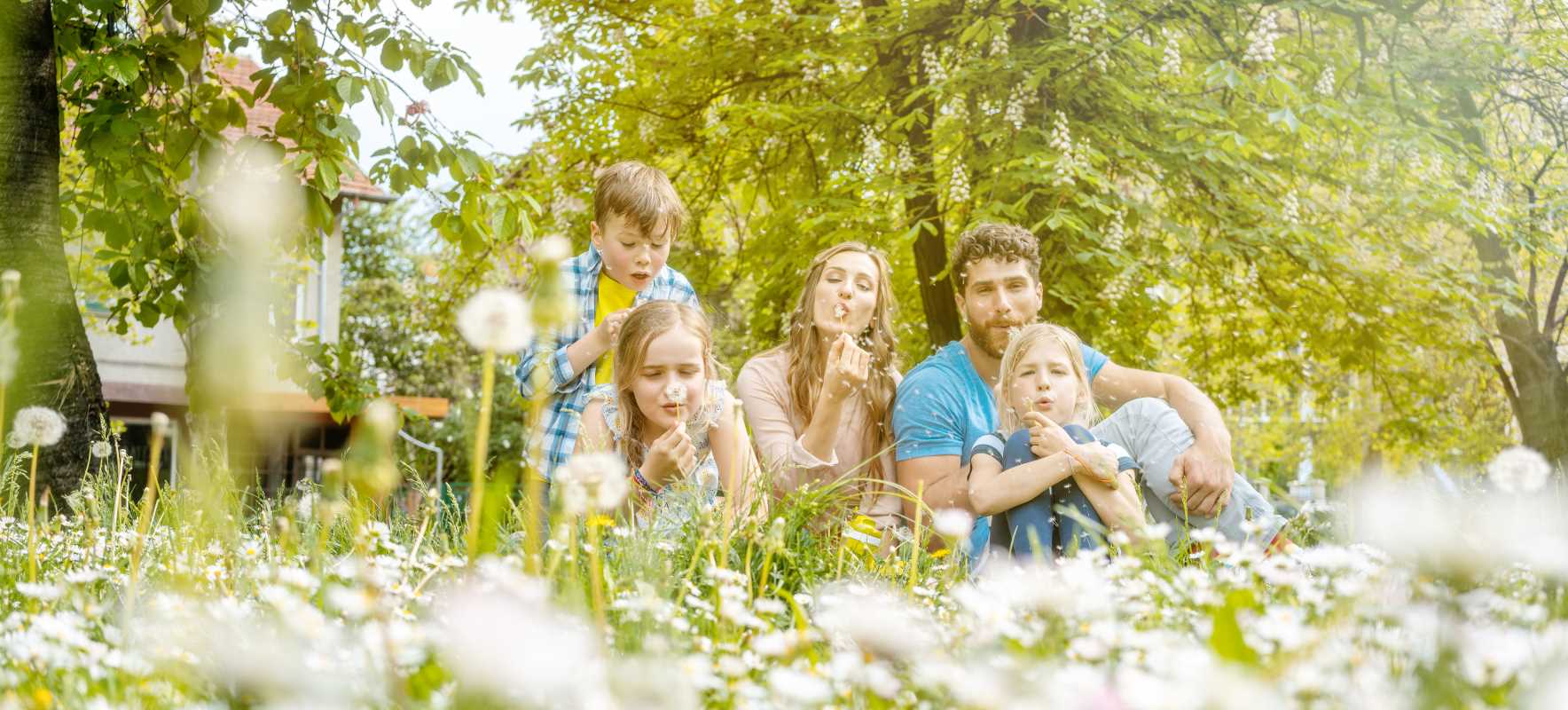In a world that's becoming increasingly diverse and interconnected, teaching kids about different cultures is more important than ever. Understanding and appreciating cultural differences helps children become more compassionate, open-minded individuals who can thrive in an ever-changing global society. Let's explore the significance of exposing children to diverse cultures and how it can positively impact their personal growth and development.
Understanding Cultural Diversity:
Exposing children to different cultures helps them understand that the world is a rich tapestry of unique traditions, beliefs, and values. By learning about various cultural practices, languages, and customs, kids develop empathy and respect for people from all walks of life. This understanding fosters a sense of unity and belonging, encouraging children to celebrate diversity rather than fear the unknown.
Building Cultural Competence:
Introducing kids to diverse cultures from a young age builds their cultural competence, which is essential in today's multicultural world. Cultural competence enables children to effectively communicate and collaborate with people from different backgrounds, paving the way for successful relationships and collaborations in the future. By teaching kids about cultural diversity, we are equipping them with the skills they need to navigate a globalized society with ease.
Promoting Inclusivity and Tolerance:
Educating children about different cultures promotes inclusivity and tolerance, helping them embrace the beauty of diversity. By learning about global traditions, holidays, and celebrations, kids develop a sense of curiosity and appreciation for the world around them. This exposure fosters a sense of inclusivity, teaching children to value and respect individuals who may be different from themselves. In turn, this promotes harmony and understanding in their interactions with others.
Fostering Global Awareness:
Teaching kids about different cultures fosters global awareness and a broader perspective of the world. By exposing children to the rich tapestry of global cultures, they gain a deeper understanding of the interconnectedness of all people. This awareness cultivates a sense of global citizenship and responsibility, encouraging kids to become active participants in creating a more inclusive and equitable world for future generations.
Encouraging Lifelong Learning:
Introducing children to different cultures at a young age nurtures a love for learning and exploration that can last a lifetime. By engaging with diverse cultural experiences, kids develop a sense of curiosity and wonder about the world around them. This curiosity fuels a desire for lifelong learning and growth, inspiring children to seek out new experiences and perspectives throughout their lives. By instilling a love for cultural diversity, we empower children to become lifelong learners and global citizens who value and embrace the richness of our world.
In conclusion, teaching kids about different cultures is essential for fostering empathy, respect, and inclusivity in today's diverse society. By exposing children to the beauty of global diversity, we are shaping them into compassionate, open-minded individuals who can navigate the complexities of our interconnected world with grace and understanding. Embracing cultural diversity from a young age lays the foundation for a brighter, more inclusive future for generations to come.







